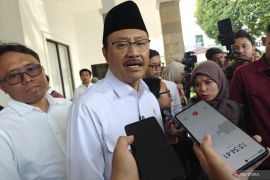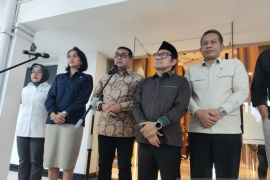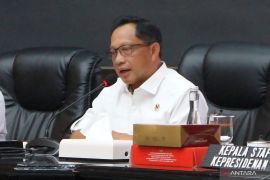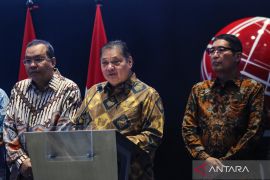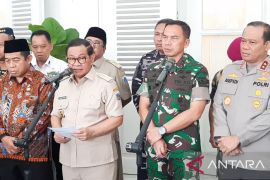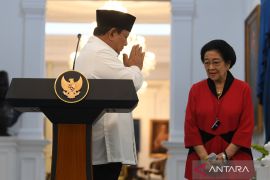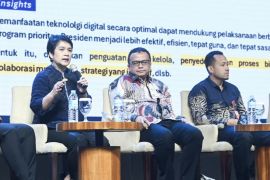"We are facing global warming, which is posing a serious threat," Satya Widya Yudha, deputy chairman of Commission VII of the House of Representatives (DPR), noted in a press release here on Monday.
Yudha had earlier highlighted the matter at the World Bank Civil Society Forum held in Washington DC, the US, recently.
"As an island country, Indonesia is prone to global warming and climate change crisis. This should not be ignored," the legislator emphasized.
Yudha addressed the forum along with Pakistans former finance minister Naveed Qamar and Lauri Myllyvirta of Greenpeace International.
He said that over the past 2.5 years of the government of President Joko Widodo, various national efforts have been undertaken to anticipate and mitigate the impacts of climate change.
The efforts are being made as part of Indonesias international commitments and the governments initiatives and strategic actions in the future.
"Indonesia, as a country actively campaigning against climate change, must play an important role," he affirmed.
To this end, the government and DPR must develop synergy following the signing of the COP21 agreement in Paris, according to Yudha, who is a politician of the Golkar Party.
The deputy chairman of the Houses Commission VII noted that most of Indonesias carbon emissions come from land use, land-use change, and forestry, contributing 50 percent, followed by the energy sector accounting for 30 percent of the emissions derived from transportation, at 12 percent.
"Land transportation fuels were responsible for about 90 percent of the air pollution," he pointed out.
Yudha believed that Indonesias vision for energy development in the future will depend on the extent of utilization of new and renewable energy.
"Advanced countries have now begun shifting to new and renewable energy. Indonesia should also be consistent in its conversion programs starting from conversion to CNG (compressed natural gas) to the conversion of its octane 88 fuel to Euro4 or even to Euro5 to guarantee clean air," he remarked.
He underlined the Indonesian energy development vision in future that should lay emphasis on the use of new and renewable energy.
In 2015, the national energy mix had comprised 39 percent oil, 22 percent gas, 29 percent coal, and 10 percent new and renewable energy.
Indonesia is planning to achieve an energy mix of 25 percent oil, 22 percent gas, 30 percent coal, and 23 percent new and renewable energy in 2025.
In 2050, the energy mix will comprise 20 percent oil, 24 percent gas, 25 percent coal, and 31 percent new and renewable energy.
"The DPR will continue to support the governments vision with regard to its energy mix, so that by 2050, the country will increase the use of new and renewable energy by 31 percent. We in the Commission VII of the House also encourage the drafting of a law on new and renewable energy," he added.(*)
Editor: Heru Purwanto
Copyright © ANTARA 2017

